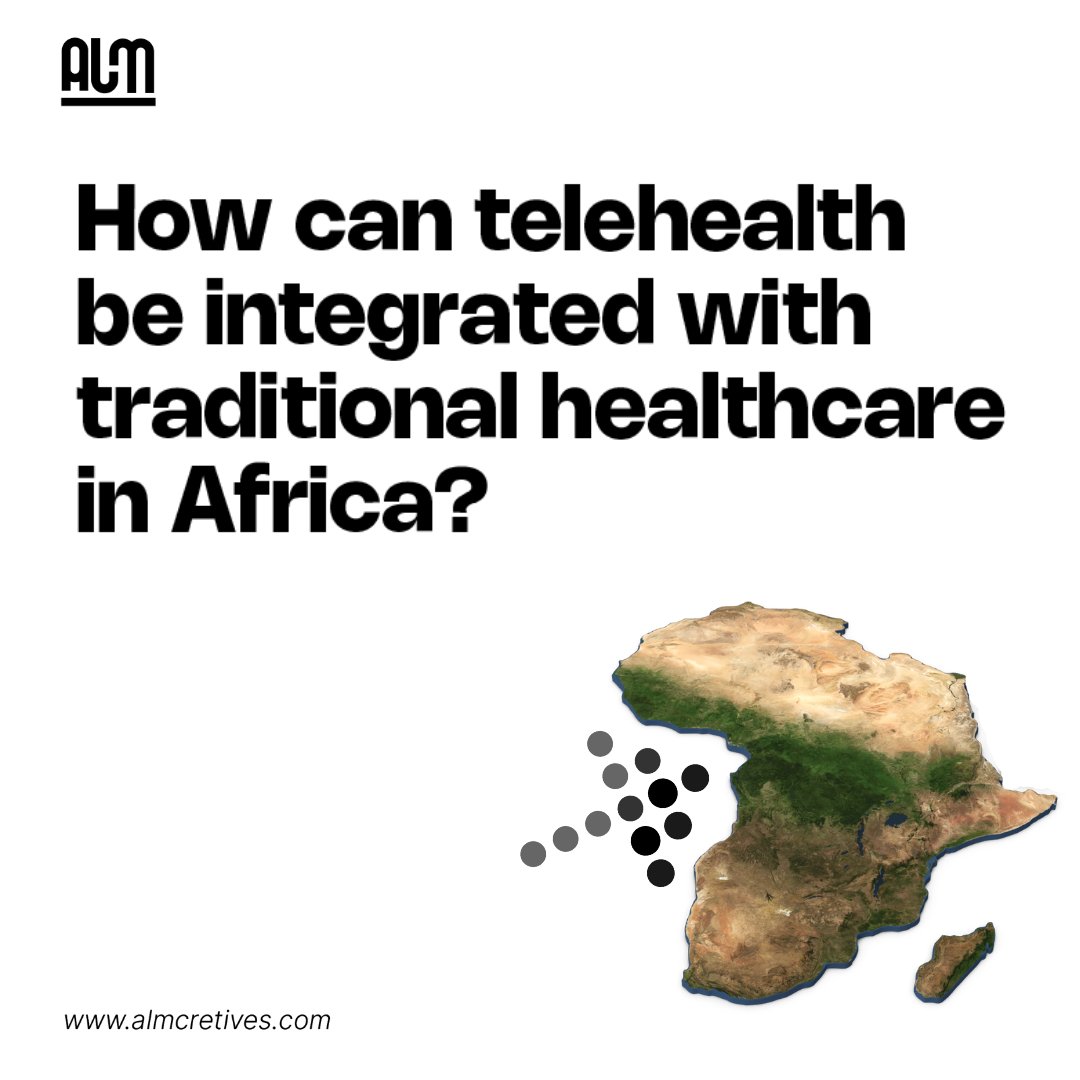Search
How can telehealth be integrated with traditional healthcare in Africa?
Business and advices
Telehealth is the use of telecommunications technology to deliver healthcare services remotely. It has the potential to revolutionize healthcare in Africa, where many people have limited access to traditional healthcare services. However, in order to be successful, telehealth must be integrated with traditional healthcare systems.
There are a number of ways that telehealth can be integrated with traditional healthcare in Africa. One way is to use telehealth to connect patients with traditional healers. This can be done by providing traditional healers with access to telehealth equipment and training, so that they can consult with medical experts remotely. Telehealth can also be used to provide traditional healers with access to medical literature and research, so that they can stay up-to-date on the latest medical advances.
Another way to integrate telehealth with traditional healthcare is to use it to provide remote monitoring of patients. This can be done by using devices such as blood pressure monitors, glucometers, and heart rate monitors that can transmit data to a remote healthcare provider. Remote monitoring can help to identify patients who are at risk of developing complications, and it can also help to ensure that patients are taking their medications correctly.
Telehealth can also be used to provide education and training to healthcare workers in Africa. This can be done by providing online courses and training modules that can be accessed by healthcare workers in rural and remote areas. Telehealth can also be used to connect healthcare workers with experts from other countries, so that they can learn from each other's experiences.
The integration of telehealth with traditional healthcare in Africa has the potential to improve access to healthcare, reduce costs, and improve patient outcomes. However, in order to be successful, it is important to involve traditional healers and healthcare workers in the planning and implementation of telehealth projects. It is also important to address the challenges of limited infrastructure and resources in Africa.
Here are some of the key challenges to integrating telehealth with traditional healthcare in Africa:
Limited infrastructure: Many parts of Africa lack the infrastructure necessary to support telehealth, such as reliable internet access and electricity.
Limited resources: Telehealth can be expensive to implement and maintain, especially in resource-poor settings.
Cultural barriers: There may be cultural barriers to the acceptance of telehealth, such as a lack of trust in technology or a preference for traditional forms of healthcare.
Lack of training: Healthcare workers in Africa may not have the training or skills necessary to use telehealth effectively.
Despite these challenges, there are a number of reasons to be optimistic about the future of telehealth in Africa. The technology is constantly improving, and the cost of telehealth is decreasing. There is also a growing awareness of the benefits of telehealth among policymakers and healthcare leaders in Africa.
As telehealth technology continues to improve and the cost of telehealth continues to decrease, it is likely that telehealth will become increasingly integrated with traditional healthcare in Africa.
Telehealth has the potential to revolutionize healthcare in Africa. By integrating telehealth with traditional healthcare systems, we can improve access to healthcare, reduce costs, and improve patient outcomes. However, it is important to address the challenges of limited infrastructure and resources in Africa. With continued investment in telehealth technology and training, telehealth can become a key component of healthcare in Africa.




